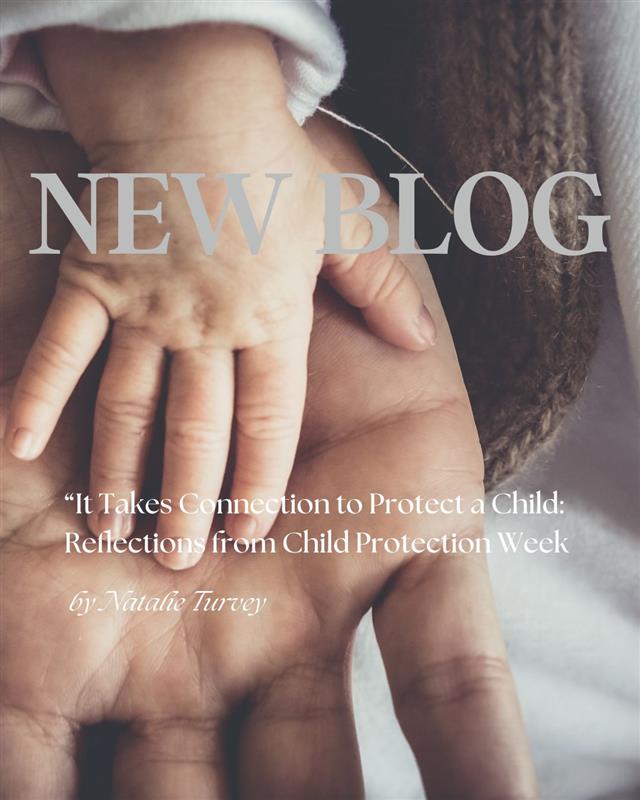Earlier this month, I attended training conducted by Blue Knot which focused on how to work therapeutically with complex trauma clients. It astounded me just how much trauma can affect sufferers; not only in emotional and behavioural aspects, but in neurological aspects as well.
So, what is trauma? Trauma is a state of high arousal in which normal coping mechanisms are overwhelmed in response to the perception of threat. There are many types of trauma, such as attachment trauma, developmental trauma and, single incident trauma. The training that I attended focused on the effects of complex trauma, which is when someone has endured multiple types of trauma. It is the product of overwhelming stress which is interpersonally generated. Examples include ongoing abuse (e.g. by a family member), community violence, war and, genocide. Complex trauma has long term impacts on the victim, as well as their family, friends, children and future generations.
Complex trauma has profound effects on the brain. Specifically, the emotional part of the brain (the amygdala) is overactive due to constantly being in survivor mode. As a result, the memory part of the brain (the hippocampus) is constantly activated which means the client is always running on adrenaline. For those clients who cannot remember their trauma, their hippocampus may have shrunk as a result of their trauma. Because the amygdala and the hippocampus are constantly running a hundred miles an hour, this affects the thinking and planning part of the brain (the cerebral cortex) and can cause it to go offline. This means that for some trauma survivors, they struggle to plan and make decisions in meaningful aspects of their life.
Because the brain operates a differently for trauma survivors, they may find themselves being in a state of hyper-arousal (rapid heart rate; shaking and can’t sit still) or hypo-arousal (flat affect; feeling numb or like they might collapse). If you are a trauma survivor and you think you might be hyper-aroused, try standing up and ‘shaking it out’ by shaking your arms, legs and, body. This will help to release the cortisol in your body. You can also practice doing long exhales, which will help to slow your heartbeat down. If you feel like you are in a state of hypo-arousal, try going for a leisurely walk to increase your heart rate. You can also practice increasing your inhale by taking a long inhale and taking short outbreath. It may help if you make a short ‘ha’ sounds when exhaling.
If someone has endured complex trauma, it is important that they seek support from a professional who can engage in trauma-informed practice. The five key principles of trauma-informed practice include safety, trustworthiness, collaboration, choice and, empowerment. A lot of these principles pose an emphasis on giving the client a say in their therapeutic process, as it is important that they feel involved in choice-making and have a sense of control over their life.
If you would like to book an appointment with one of our psychologists for trauma therapy, call us on 55 207 705.


.png)





